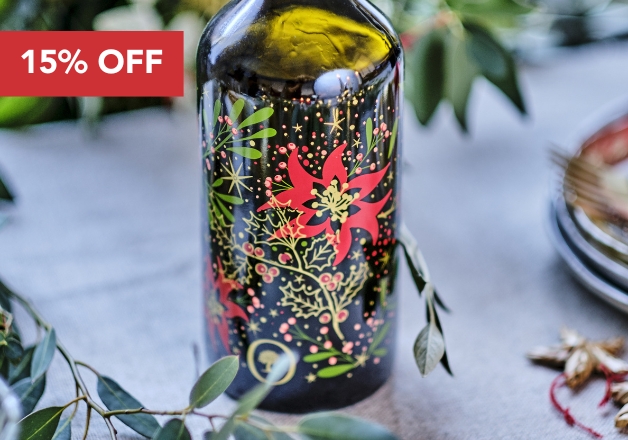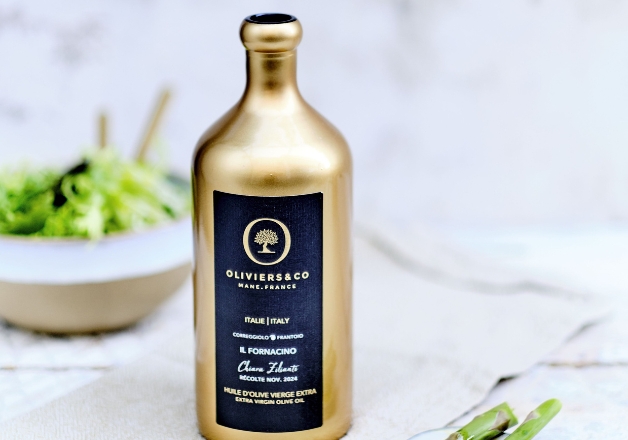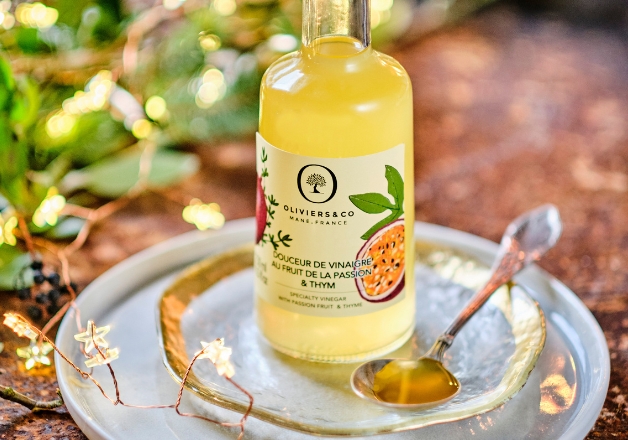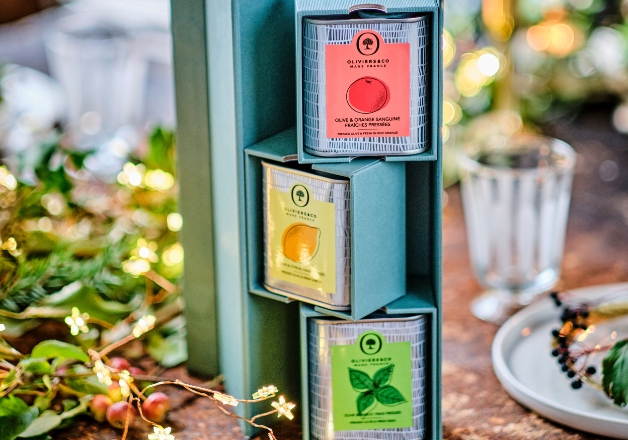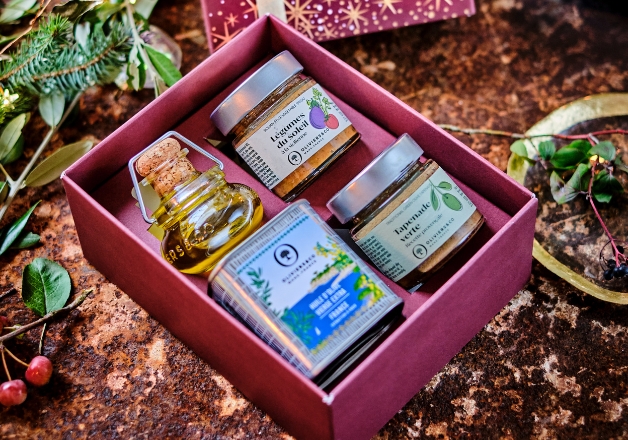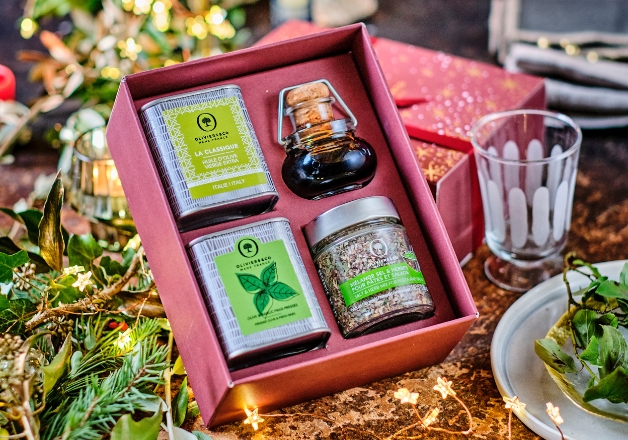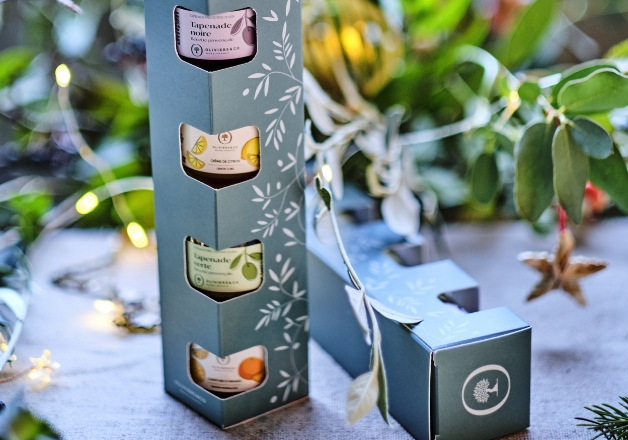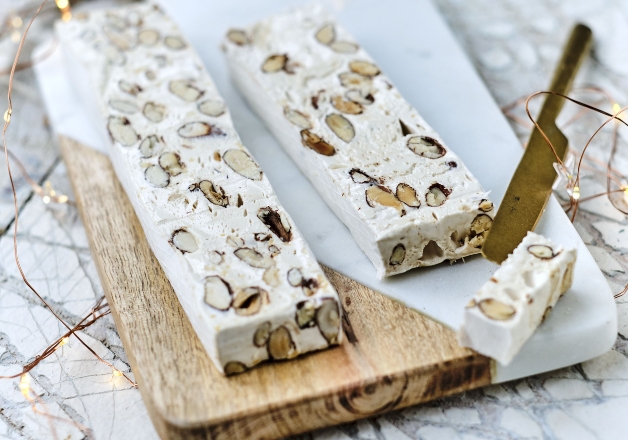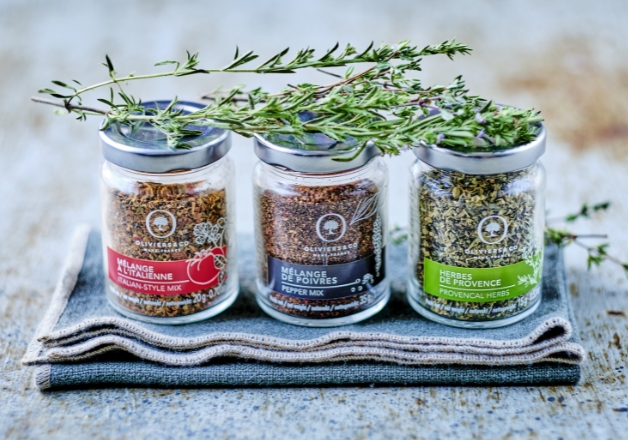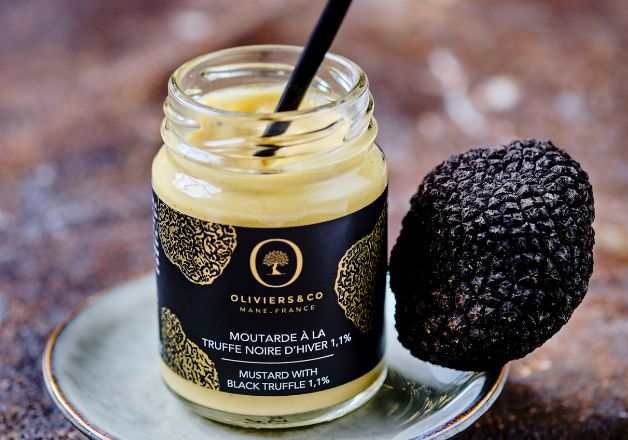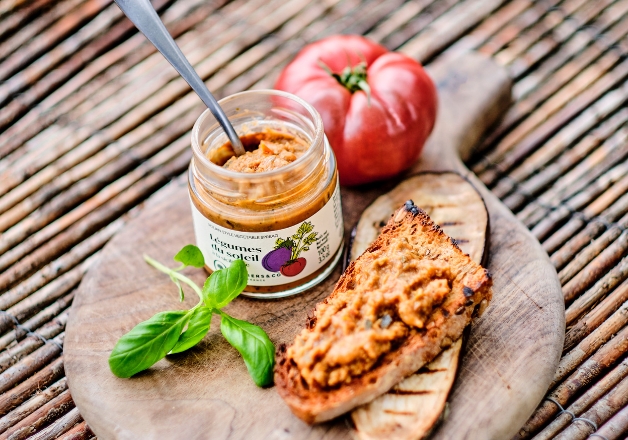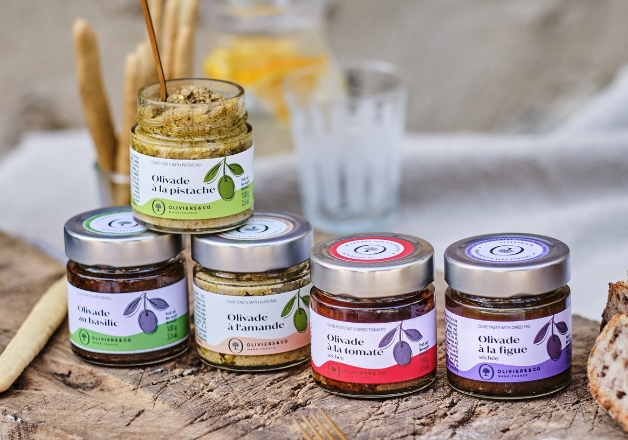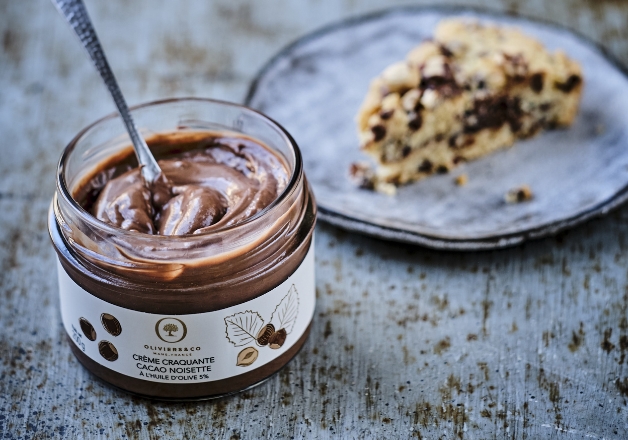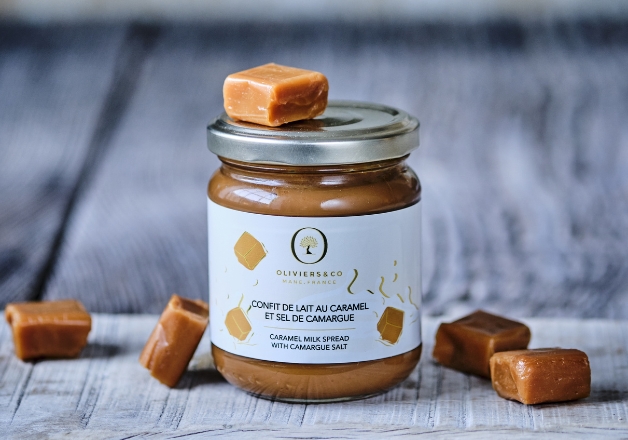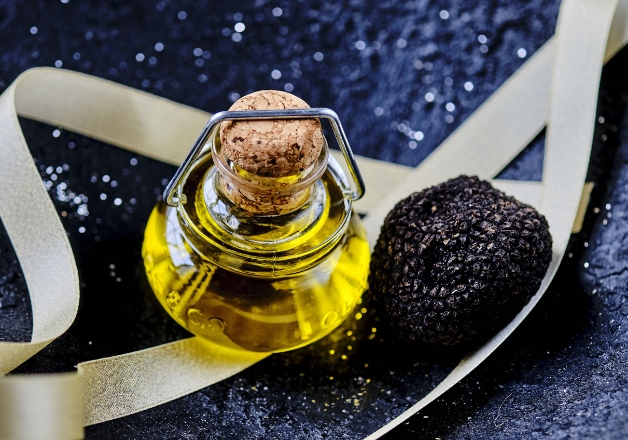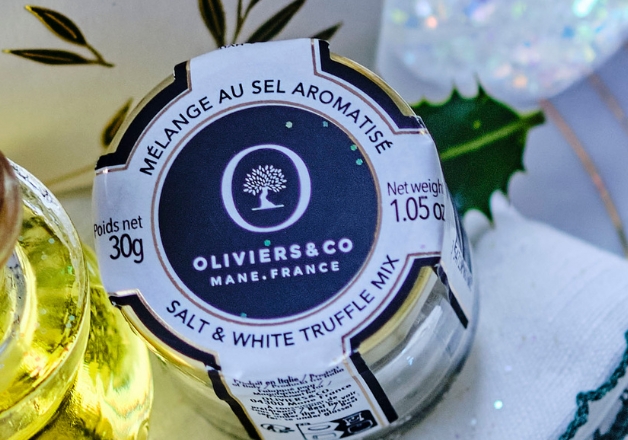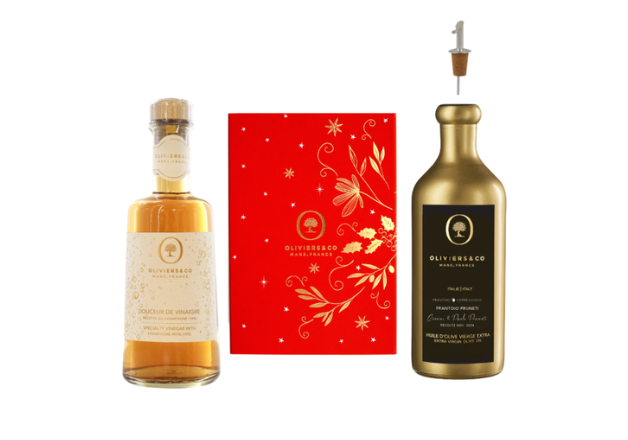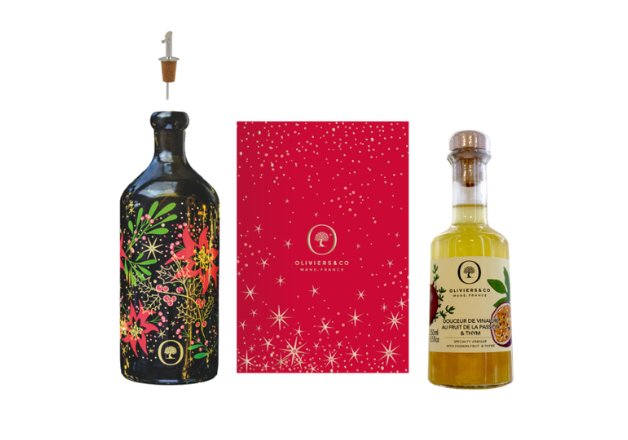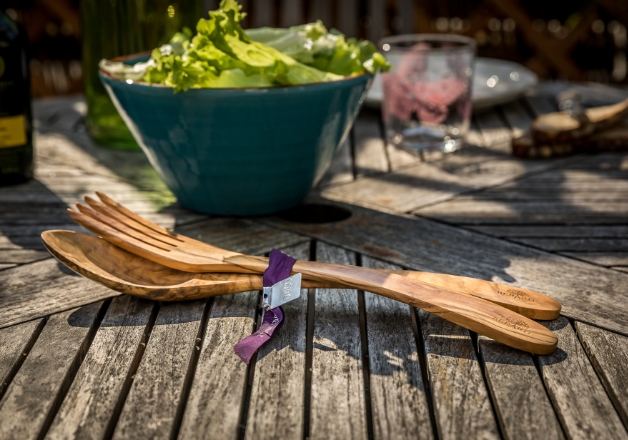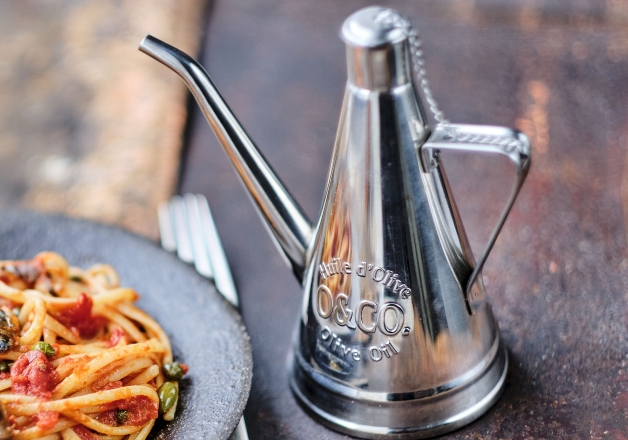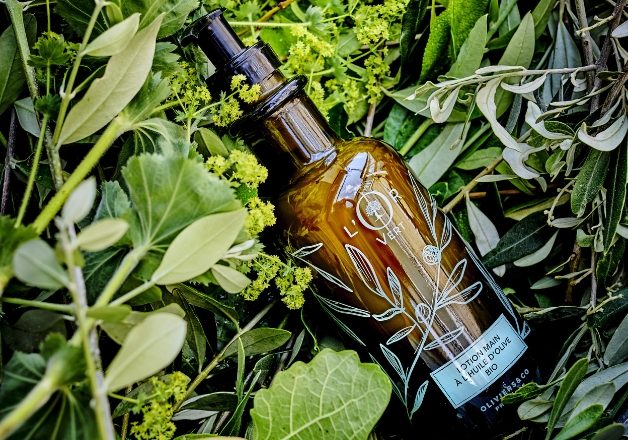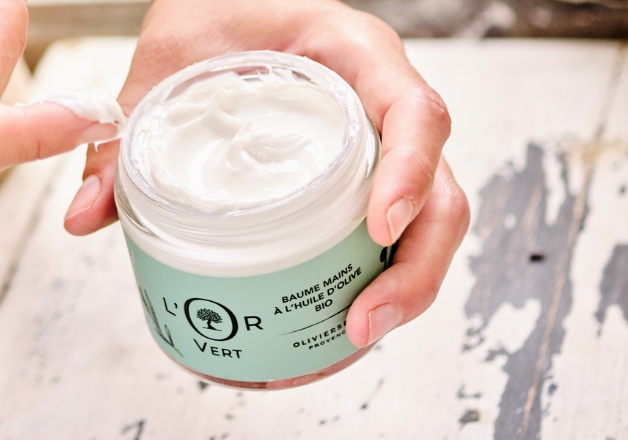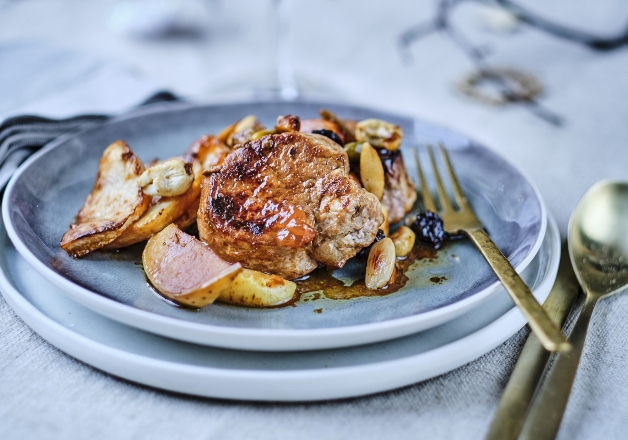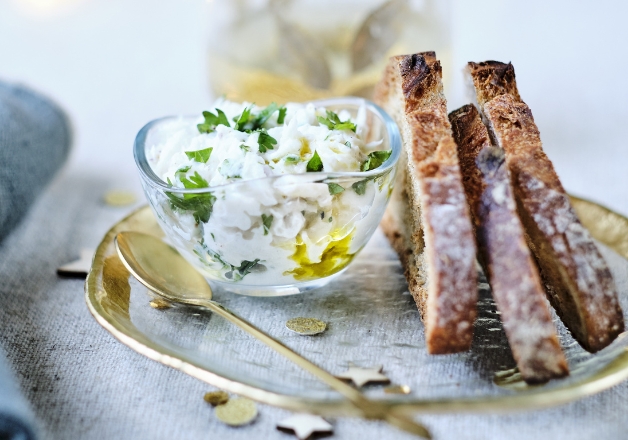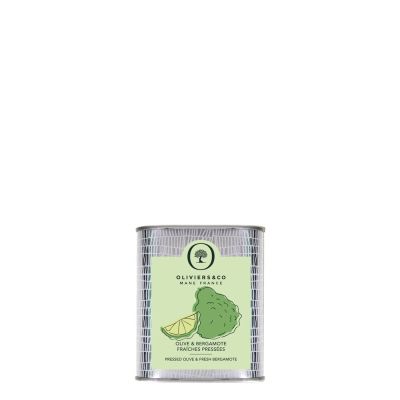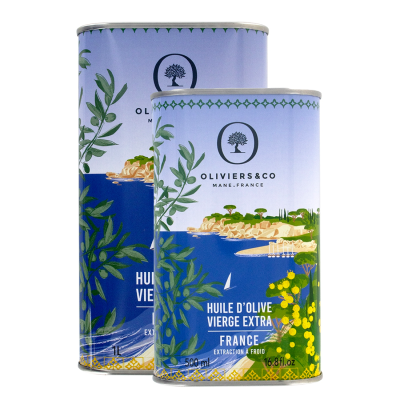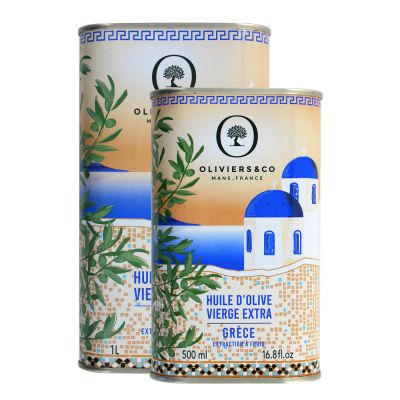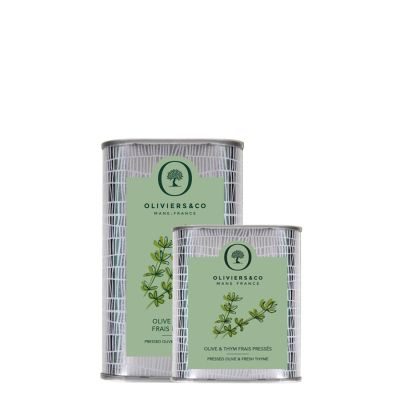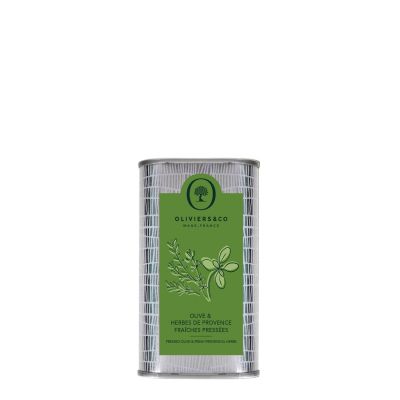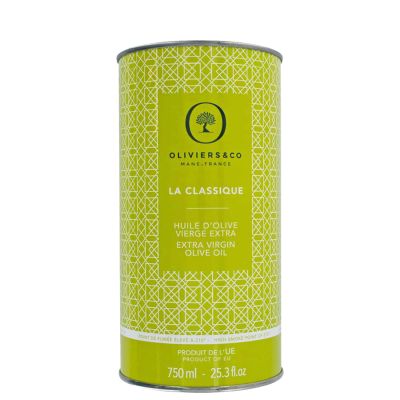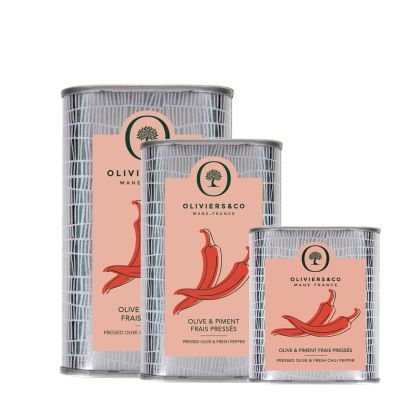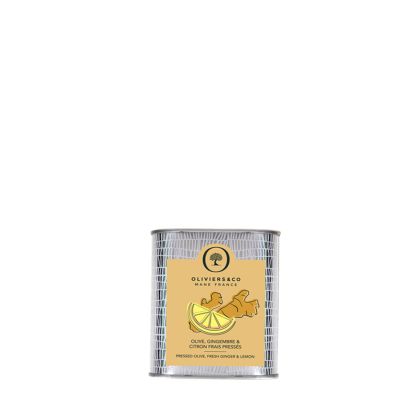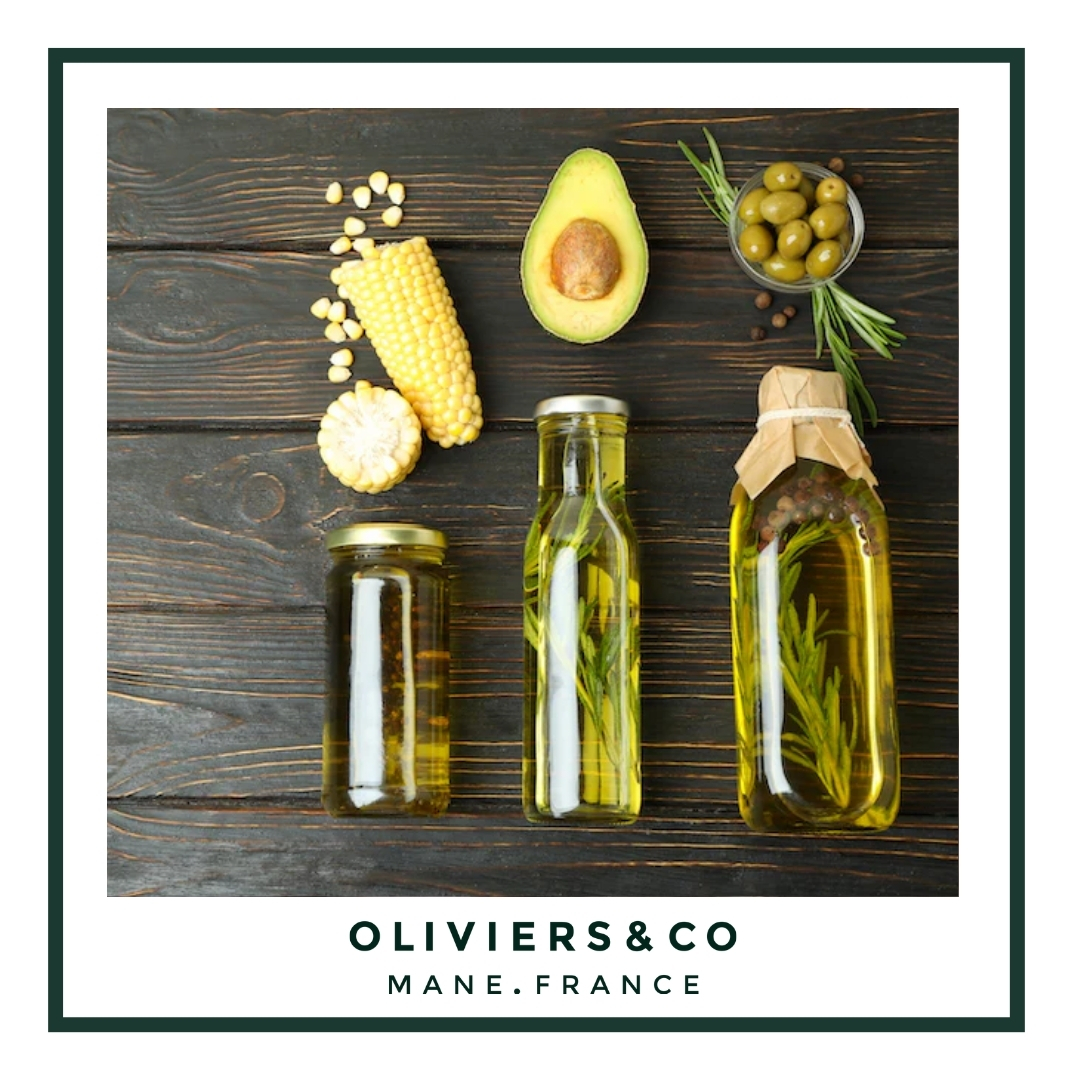

The Different Types of Cooking Oils
Different vegetable and nut oils have different different flavors as well as different roles, textures & uses. We have found that vegetable oil, much like olive oil, is the other best option when it comes to cooking as well as being the one with a similar amount of health benefits.
Check this list below to see how all the other vegetable & nut oils hold up against Oliviers&Co’s extra virgin olive oils:
- Olive Oil – Commonly used in cooking, for frying, or as a finish like salad dressing
- Avocado Oil – High smoke point that’s good for frying
- Beech Nut Oil - From the Fagus sylvatica nut, can be used for salad or cooking
- Brazil Nut Oil – Good as a possible substitute for olive oil due to its mild & pleasant flavor
- Cashew Oil – Also comparable to olive oil
- Coconut Oil – Extracted from the kernel or ‘flesh’ of the coconut palm plant
- Corn Oil – One of the most common oils sold in processed foods
- Cottonseed Oil – Used for both salads & cooking, both domestically & industrially
- Hazelnut Oil – Mainly used for its flavor in cooking
- Macadamia Oil – Mild nutty flavor with a high smoke point for frying
- Palm Oil – The most widely produced tropical oil & also used to make biofuel
- Peanut Oil – Has a high smoking point & mainly used for frying
- Pistachio Oil – Strong flavored oil with a very distinctive green color
- Rapeseed Oil – One of the most used cooking oils
- Safflower Oil – Used in the paint industry up until the 60’s, now used as cooking oil
- Seasame Oil – Cold pressed for a light cooking oil; hot pressed for a darker/stronger flavor
- Soybean Oil – Produced as a by-product of processing soy
- Sunflower Oil – Also a common cooking oil & used for biodiesel
- Walnut Oil – Used for its unique & specific flavor
The best and worst oils for your health
Olive oil is well known for its multiple health benefits, the main one being that it is a source of monounsaturated fats, more commonly referred to as ‘healthy heart fats’. These fats support cardiovascular health by lowering LDL (bad) cholesterol while maintaining or even increasing HDL (good) cholesterol levels.
However, not all oils are created equal. Many popular cooking oils contain high amounts of saturated or even trans fats, which are linked to increased risk of heart disease, inflammation, and other chronic conditions. Saturated fats are made up of fatty acid molecules that can raise cholesterol levels and negatively impact overall health when consumed in large quantities.
To help you make better choices in the kitchen, here are the 10 best and 10 worst oils when it comes to their fat composition:
|
Best Oils |
Worst Oils |
|
Hazelnut Oil |
Coconut Oil |
|
Palm Kernel Oil |
|
|
Flaxseed Oil |
Safflower Oil |
|
Avocado Oil |
Grapeseed Oil |
|
Salmon Oil |
Cottonseed Oil |
|
Almond Oil |
Sunflower Oil, low-oleic |
|
Canola Oil |
Corn Oil |
|
Apricot Oil |
Soybean Oil |
|
Sunflower Oil, mid-oleic |
Walnut Oil |
|
Pistachio Oil |
Palm Oil |
What makes these oils better or worse?
The healthiest oils—like olive, avocado, flaxseed, and hazelnut—are rich in monounsaturated and polyunsaturated fats. These fats support heart function, brain health, and reduce inflammation. Many of them also contain beneficial compounds such as omega-3 fatty acids and antioxidants.
On the other hand, oils such as palm oil, coconut oil, and palm kernel oil are higher in saturated fats. While some of these may have a place in small quantities in specific diets, regular or excessive consumption is generally discouraged by most health professionals. Refined vegetable oils, such as soybean or corn oil, are also often processed at high temperatures, stripping away nutrients and creating compounds that may be harmful over time.
Tips for everyday use:
- Use olive oil or avocado oil for sautéing or dressings.
- Flaxseed oil is great for cold preparations but shouldn’t be heated.
- Limit oils with high saturated or trans fats to occasional use, and avoid deep frying when possible.
Choosing the right oils doesn’t just impact flavor—it can support long-term health and wellness with every meal.
What Type of Olive Oil for Cooking ?
Each olive oil is unique in its flavor profile, shaped by its origin, olive variety, and harvest timing. However, most extra virgin olive oils can generally be classified into two broad categories: grassy or floral.
- A grassy olive oil immediately awakens the palate with vibrant, vegetal notes. Think of the sharp freshness of cut grass, the green bitterness of artichoke, the herbal aroma of tomato leaves, or the crisp tartness of green apple. These oils tend to be bold, complex, and often slightly peppery on the finish—making them ideal for drizzling over grilled vegetables, hearty soups, or rustic bruschetta.
- In contrast, a floral olive oil is softer and rounder, leaving a velvet-like sensation in the mouth. Its aromas are often milky, almondy, or even delicately fruity—evoking flavors like citrus zest, ripe pear, or hazelnut. These oils are elegant and balanced, perfect for enhancing more delicate dishes like steamed fish, fresh cheeses, or a simple slice of baguette.
- A helpful way to understand these flavor profiles is to compare them to wine. A grassy olive oil is akin to a robust red wine—aromatic, full-bodied, and slightly assertive. It brings energy and structure to the dish. A floral oil, on the other hand, behaves more like a white wine—silky, smooth, and subtle, with a light, lingering finish.
Whether you lean toward bold or delicate flavors, identifying your olive oil’s character can help you pair it more thoughtfully—and enjoy it to its fullest potential.
A Few Useful Palate terms
Here are a few terms for describing the taste of olive oils
- Bitter Indicates the presence of fresh olives
- Buttery Smooth and creamy mouth feel
- Fresh Good aroma, fruity, not oxidised
- Harmonious A balance between the oil’s flavors where there isn’t one more dominanat than the other
- Peppery A stinging sensation in the throat, which can occasionally force a cough
- Round A balanced and nourishing sensation of balanced flavors
- Spicy Aroma/flavor of seasoning such as cinnamon or allspice
Source List

